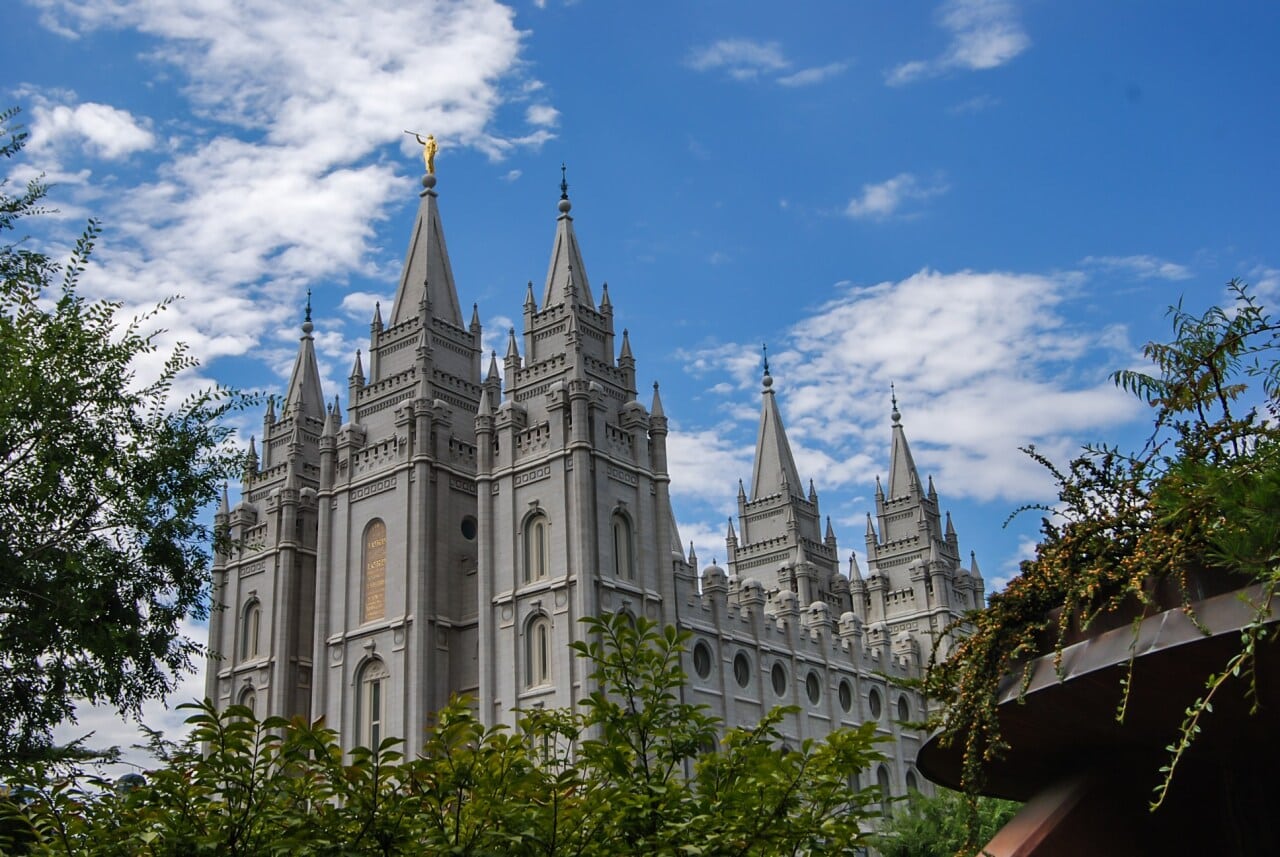SALT LAKE CITY, Utah — The Securities and Exchange Commission fined the Church of Jesus Christ of Latter-day Saints and its investment arm $5 million on Tuesday for using shell companies to conceal the size of the portfolio under church control.
As commonly known, the Mormon Church has billions of dollars invested in stocks, bonds, real estate, and agriculture. The presiding bishopric, which is made up of religious leaders, is in charge of Ensign Peak Advisers, which is a non-profit investment manager.
The Mormon church has agreed to pay $1 million in penalties, while Ensign Peak will pay $4 million.
According to Gurbir Grewal, the SEC’s enforcement director, Ensign Peak avoided disclosing investments “with the church’s knowledge,” denying the SEC and the accurate public information required by law.
According to federal investigators, the firm violated agency rules and the Securities Exchange Act for 22 years by failing to file paperwork that disclosed the value of its assets.
The Mormon Church Needs to Start Paying Taxes
Instead, they claimed Ensign Peak filed the forms through 13 shell companies they established while retaining decision-making authority. They also had “business managers,” most church employees, sign the required shell company filings.
“The Mormon Church was concerned that disclosing its portfolio, which had grown to approximately $32 billion by 2018,” the SEC said in a statement announcing the charges.
Because religious organizations are exempt from paying US taxes, the church and its Salt Lake City-based investment arm have come under increased scrutiny. Ensign Peak is a church-registered supporting organization and integrated auxiliary. Large investment managers are required to report stock holdings quarterly.
It gained traction in 2019 after a whistleblower claimed the church had amassed nearly $100 billion in funds instead of directing them to charitable causes. Since then, Ensign Peak has been a source of fascination and mystery for the nearly 17-million-member Utah-based faith, encouraging members worldwide to give 10% of their income in practice known as “tithing.”
Two years later, prominent church member James Huntsman filed a lawsuit against the mormon church, alleging that it misrepresented how it used donations and invested them in assets such as real estate and an insurance company rather than directing them to charitable causes. Last year, a judge dismissed the complaint, and Huntsman appealed the decision.
Earlier this month, the 2019 whistleblower, David Nielsen, a former Ensign Peak investment manager, submitted a 90-page memorandum to the United States Senate Finance Committee demanding oversight of the mormon church’s finances.
Church officials said that none of their holdings went unreported.
Mormon Church officials said that none of their holdings went unreported during the investigation period, and all were disclosed through separate companies. They stated that they had “relied on legal counsel regarding how to comply with its reporting obligations while attempting to maintain the portfolio’s privacy” and that Ensign Peak had changed its reporting strategy after learning of the SEC’s concerns in 2019.
“We affirm our commitment to following the law, apologize for any errors, and now consider this matter closed,” they said.
Sam Brunson, a Mormon church member and Loyola University Chicago tax law professor, said the $5 million fine differed from previous accusations against Ensign Peak because the church appears to have admitted some fault.
Failure to file SEC paperwork may not spark broader discussions about how the church manages its money, but it does reflect an “incredibly aggressive” strategy to keep certain information hidden from the public, he said.
“The Mormon Church has had an ethos of keeping its finances private for the last 70 years,” Brunson said.
SOURCE – (AP)











